A Cardiologists Advice on Heart-saving Emergency Cardiac Care
It's understandable why people are afraid to go to the ER during this pandemic. But, if you have the symptoms of a cardiac emergency, it's vital—and safe—to get immediate help.
By Randy Mintz, MD, Interventional Cardiologist—Virtua Interventional Cardiology
James Newman, Assistant Vice President—Virtua Emergency Medical Services
In the past, doctors have found that patients don’t want to be a “bother,” and sometimes feel embarrassed about overreacting or experiencing a false alarm. This phenomenon has only intensified during the coronavirus pandemic. Given the natural anxieties caused by the pandemic, many people with critical health concerns are choosing to stay home instead of seeking help from their doctor or going to the emergency room.
We encourage you NOT to ignore your heart health or feel that you’re a bother if you need to talk to your doctor during this time. Here’s why.
Q: Why is it important to take swift action if you suspect you or someone in your household is having chest pain or experiencing a cardiac emergency?
A: If you suspect you or someone in your household is experiencing a heart attack or other cardiac emergency, call 9-1-1 immediately without hesitation. To prevent heart damage, it’s important to start care as soon as possible, so time is of the essence. Virtua Health emergency medical services come straight to your home. Our EMS team uses tools and technology that can quickly identify your cardiac symptoms so the right team and doctors are prepped and ready to care for you when you arrive.
The heart is a muscle. The longer a cardiac event lasts, the greater the strain and injury to the muscle. We want the best possible outcomes for our patients, and early action and intervention helps ensure that.
Q: Why is it important to seek care despite concerns about the coronavirus?
A: We understand people are hesitant about going to a hospital, but all Virtua facilities have enacted a number of safety measures to protect people with and without COVID-19. Undergoing a cardiac emergency at home without seeking medical attention could be a life-or-death decision.
Q: How are COVID-19 and cardiac symptoms similar? How are they different?
A: Cardiac events can take many different forms. Many people think of crushing chest pain, but patients present with many different symptoms. They may have shortness of breath, or pain in the neck, shoulder, or jaw. Some of these symptoms overlap with other lung conditions or COVID-19. While it may be difficult to pinpoint exactly what you’re experiencing, should you feel any of these concerning symptoms, call an expert for help.
Q: What should people with known cardiac health issues be doing to stay heart-healthy while staying at home?
A: It’s tremendously important now and always to maintain your relationship with your primary care doctor and/or cardiologist. In addition to keeping up with your appointments, we suggest maintaining a heart-healthy diet and a reasonable exercise program. Please consult with your doctor before increasing your normal activity level. You also should continue to take your prescribed medication regularly.
Q: How is Virtua making cardiac rehab available for people to participate remotely?
A: Virtua is delivering supplies to its cardiac rehab patients, including scales, blood pressure monitors, activity trackers, and tablet devices. This allows them to continue their rehab while remaining safe at home. Tele-rehab also is a powerful tool for helping our patients maintain their progress and stay connected with their care team.
Learn more about cardiac emergency warning signs
There's So Much More to Explore
Discover expert insights, inspiring stories, health tips, and more by exploring the content below!
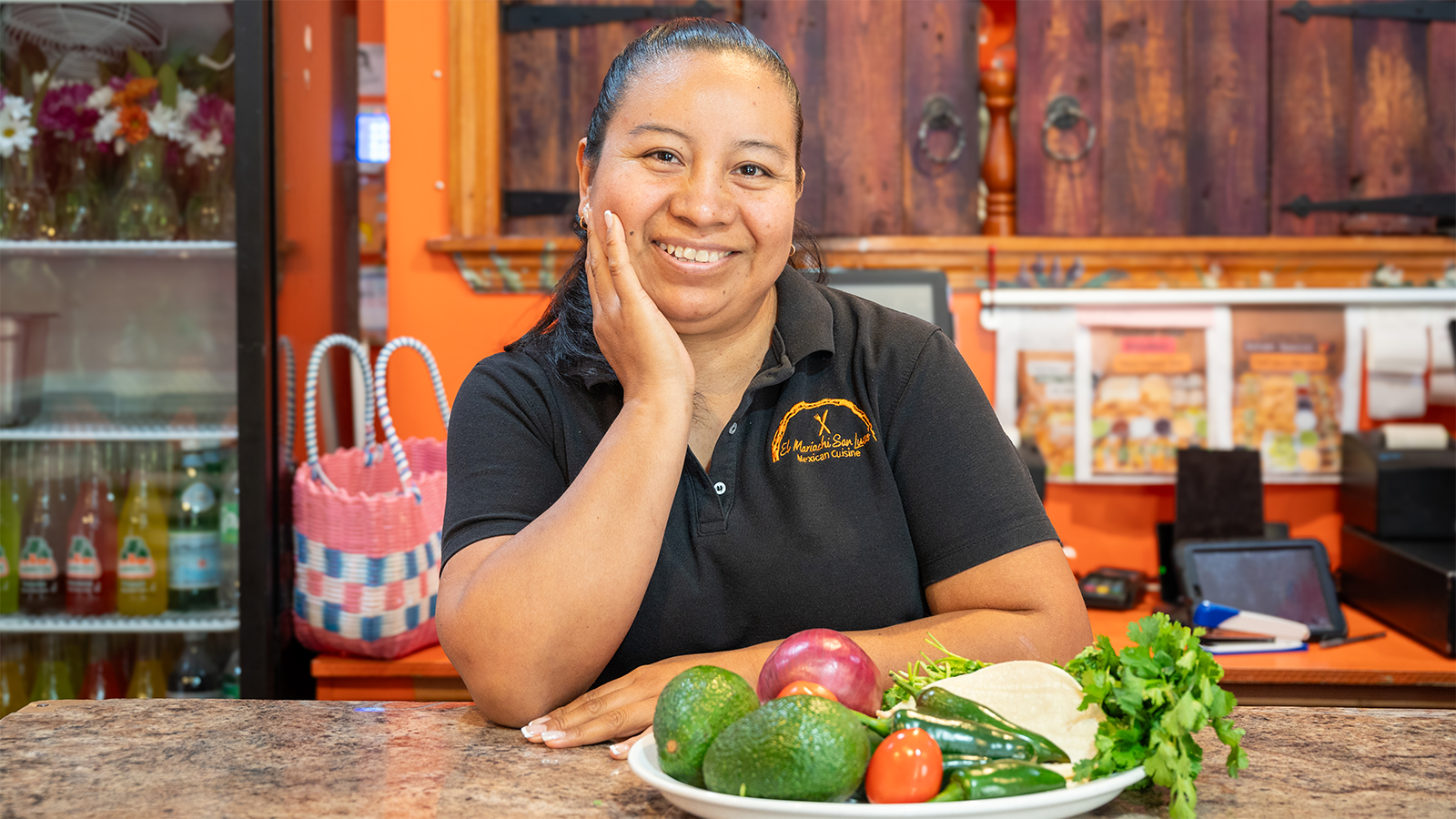
Mitral Valve Surgery Keeps Yaneth Living the American Dream
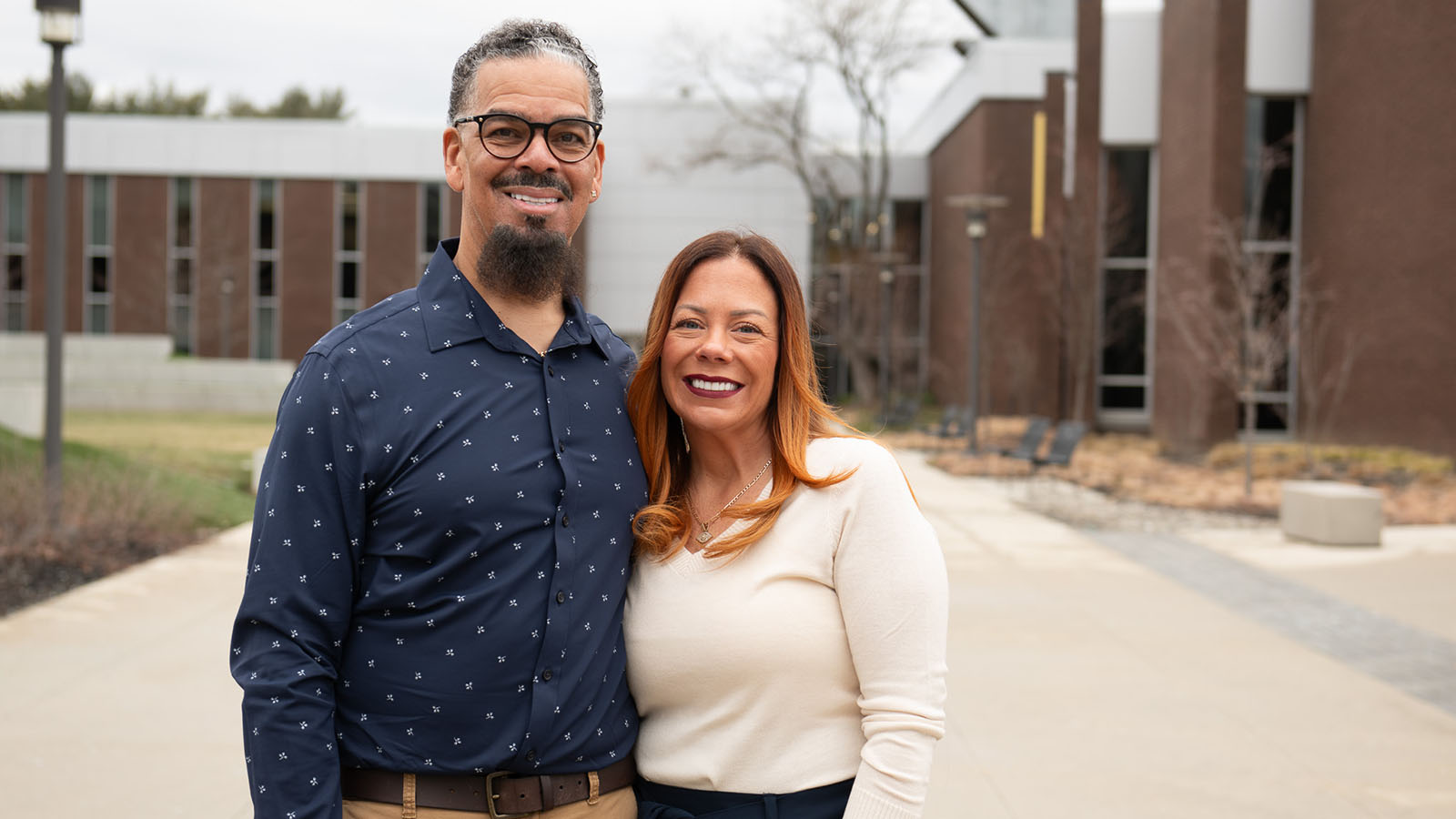
HeartTalk Magazine
Inside Look at Blood Vessels Aids PAD Treatment
Denise Davis: Pay Attention to Your Heart Health

Sweet Music: Trust, Teamwork Save Justin from Heart Attack

Complex Heart Surgery Nets James a Lifelong Friend

8 Key Steps to Better Blood Pressure Control
Signs You Should Get Treated For Vein Problems

One New Heart Valve Saves Two Lives in the Tritten Family
What You Need to Know About Heart Failure

6 Numbers Key to Keeping Your Heart Healthy

Five Mindfulness Tips That Can Help Heal Your Heart

Watchman Heart Device: a Technological Breakthrough for Blood Clot Prevention

Albert's Emergency Cardiac Surgery Is a 'Story of a Lifetime'

Love Your Heart: Essential Care Tips for Every Stage of Life

How Do I Measure My Blood Pressure at Home?

How Do I Improve My Cholesterol Levels?

3 Ways to Reduce Your Stroke Risk

How the Unique Stages of a Womans Heart Affect Her Health

Can Your Gut Health Affect Your Heart?
Advanced Heart Failure Therapies Get Bernadine Back to Full Speed

Keeping the Beat: Advanced Heart Surgery for Aortic Aneurysm

Heart-Healthy Summer Recipe: Hummus and Veggies

4 Delicious Heart-Healthy Recipes Perfect for Summer

Heart Healthy Summer Recipe: Dessert Parfait

Heart-Healthy Summer Recipe: Pear and Walnut Salad

Heart-Healthy Summer Recipe: Terrific Turkey Burgers
Atrial Fibrillation and Stroke: What's the Connection?
Heart Tests Your Doctor May Order
Managing Pregnancy for Mothers With Heart Conditions

Heart Healthy Recipe: Basil Pesto Pasta With Seared Vegetables
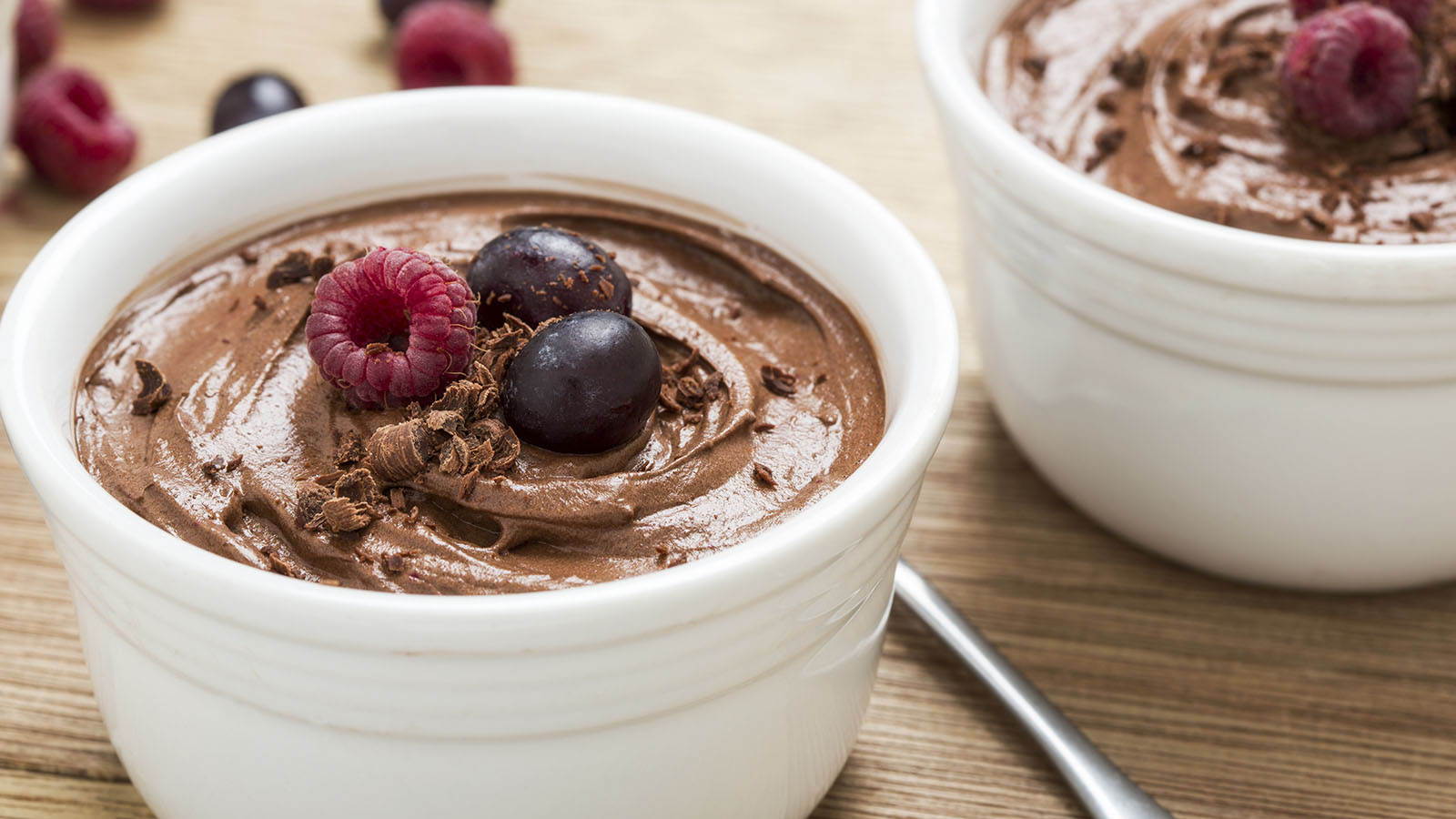
Heart Healthy Recipe Chocolate Avocado Chia Pudding
Keep Your Heart Rhythm in Check With Your Smartwatch
Mind Your Meds for Blood Pressure Risks
Magic Pill for Heart Health? Cut 300 Calories a Day
3 Smart Ways to Boost Your Heart Health
3 Best Exercises For Heart Health
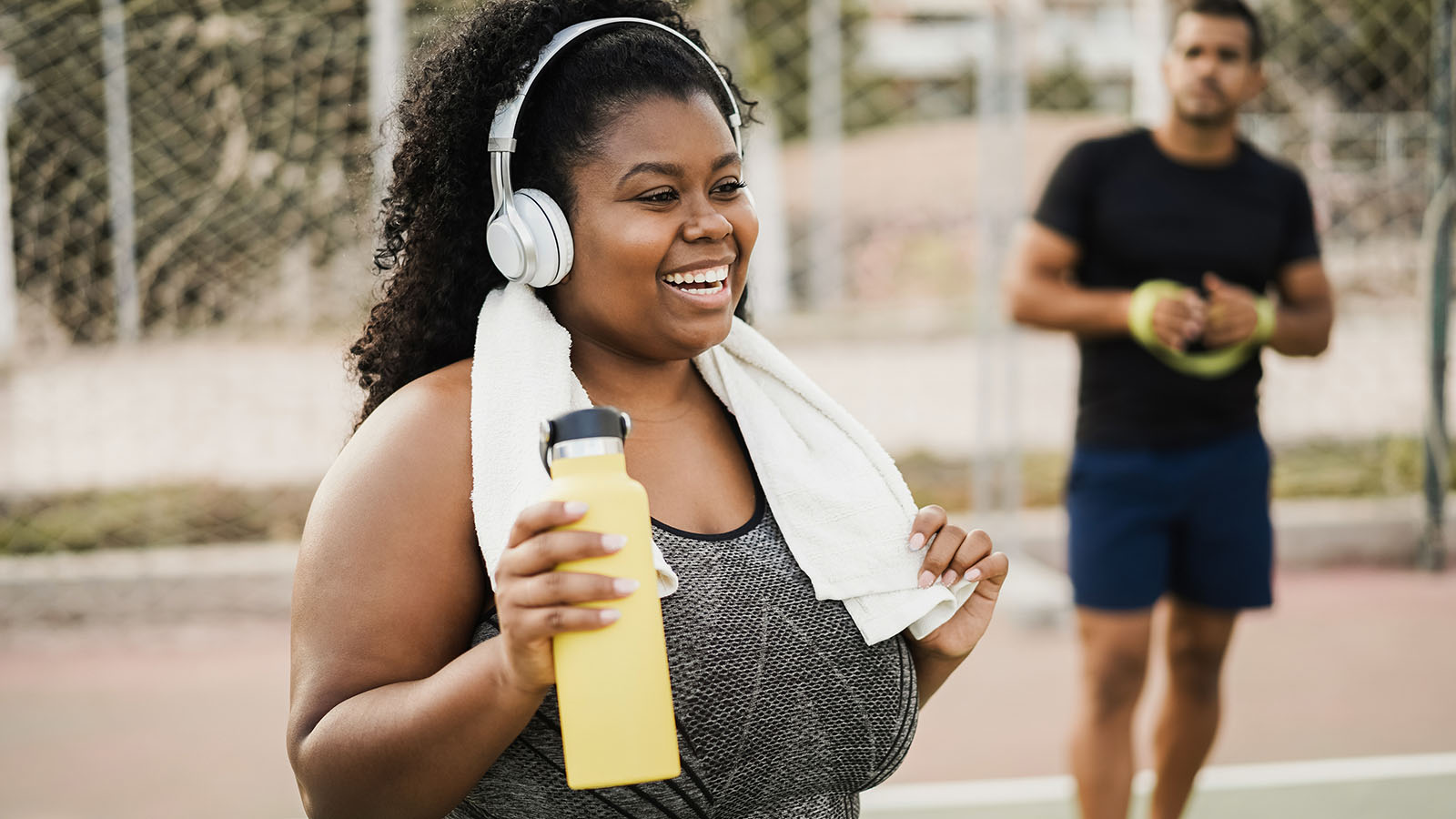
Get Your Heart Pumping With These 25 Workout Songs
Your Chest Pain: Heartburn, Heart Attack, or Something Else?
3 Heart Healthy Recipes to Win Valentines Day
How Work and Home Stress Can Affect You
Why Improving Your Health Is Going To The Dogs And Cats
Why Younger Women Need Start NOW To Safeguard Their Hearts From Heart Attacks
Can You Die of a Broken Heart?
Get to the Bottom of Blood Pressure Numbers
Mitral Valve Surgery Opens Doors for Improved Quality of Life
6 Healthy Habits to Start in Your 20s for Better Lifelong Health
Do You Have a Fatty Heart?
Get Pumped! Assist Devices Can Improve Heart Failure Symptoms
A Cardiologists Advice on Heart-saving Emergency Cardiac Care
Virtua Doctor’s Experience Is a Warning for All About COVID-19 and Strokes
You May Feel Fine, but Gregory Says "Don't Skip Your Medical Care"
In Sickness and in Health: Couples Often Share Heart Disease Risk
"Reduce Your Heart Disease Risk With a Plant-based Diet"
Hybrid Robotic Heart Surgery and Valve Replacement Restores Quality of Life
Can Marijuana Hurt Your Heart Health?
6 Tips for Restoring Your Heart Rhythm
Eat Smart for Your Heart
Cardiac Rehab: Strengthening Your Heart After Leaving the Hospital
Your Heart Needs A Good Nights Sleep
Are You at Risk for AAA—the Silent Killer?
The Cardio Oncology Team Protects Your Heart During Cancer Treatment
Get Relief From Painful Varicose Veins This Summer
Exercise Your Way to a Stronger Heart
Fish Oil: A Good Catch or a Scam?
My Heart Seems to Skip a Beat - Should I Be Worried?
Menu Planning? Try These 5 Heart-smart Substitutions
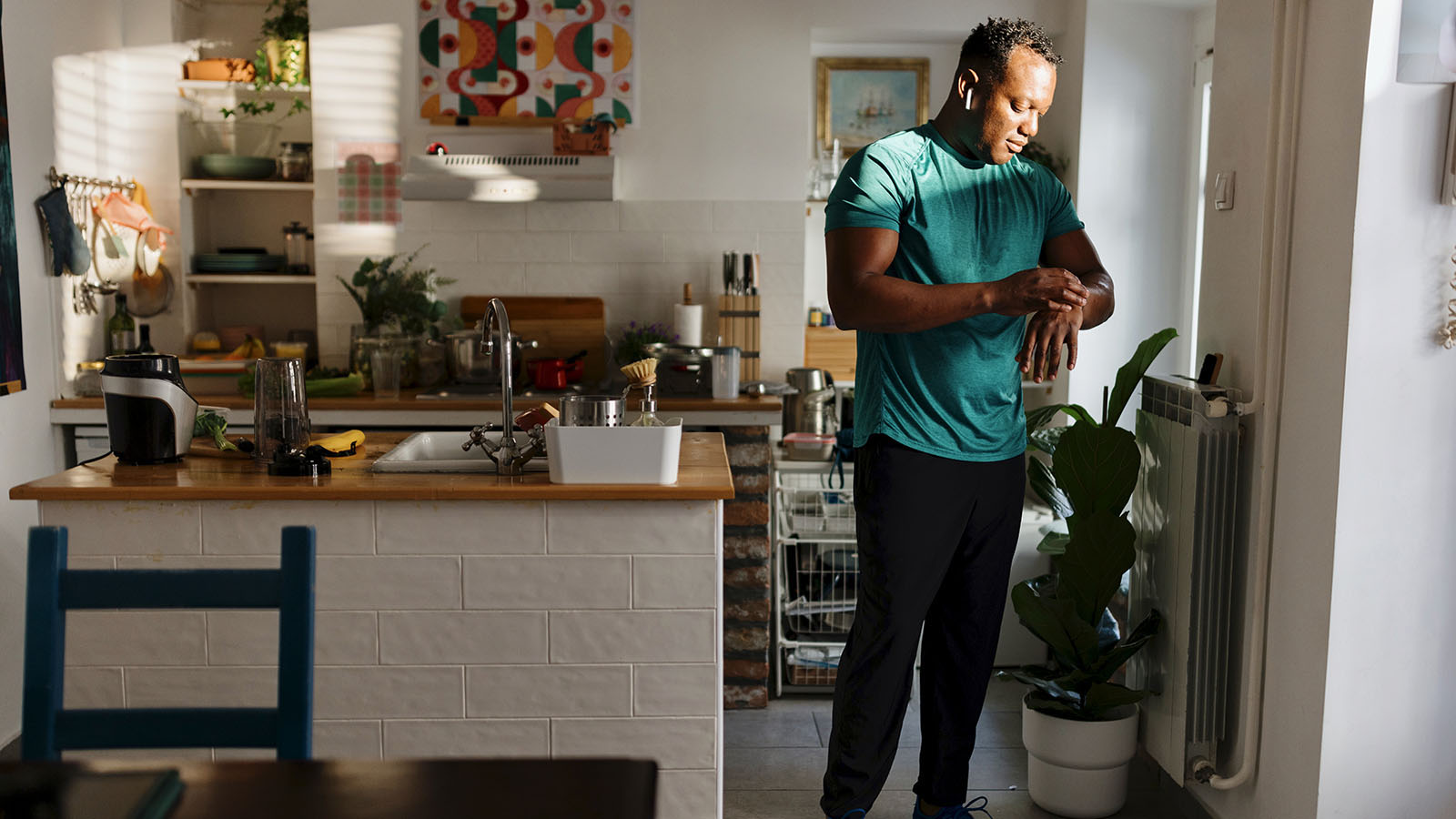
5 Health Risks Tied to Weight
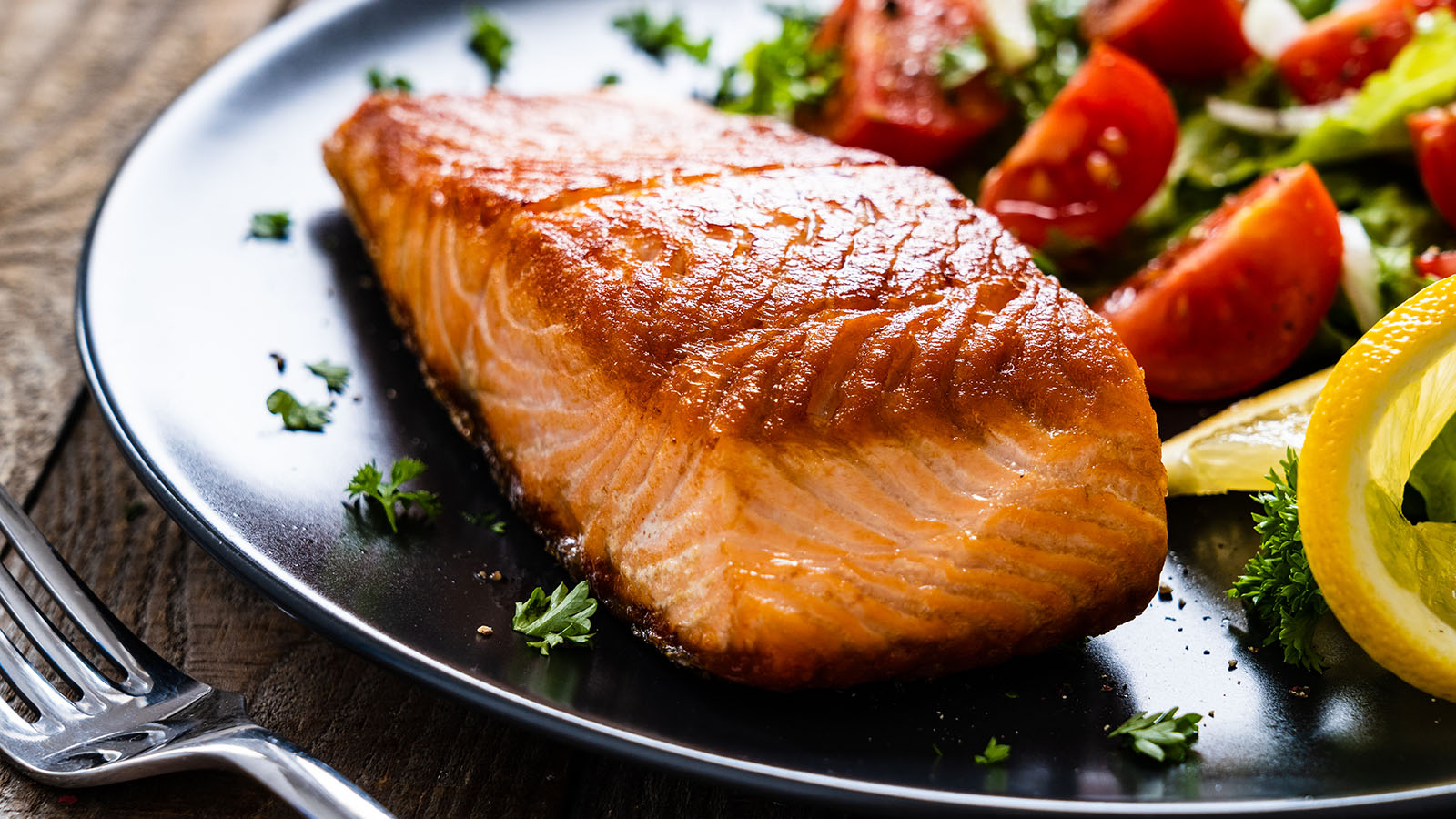
Heart-Healthy Recipe: Maple Orange Salmon With Mango Salsa
Do Not Wait to Get Help When a Stroke or Heart Attack Strikes
4 Reasons Why Heart Patients Should Follow COVID 19 Safety Guidelines

